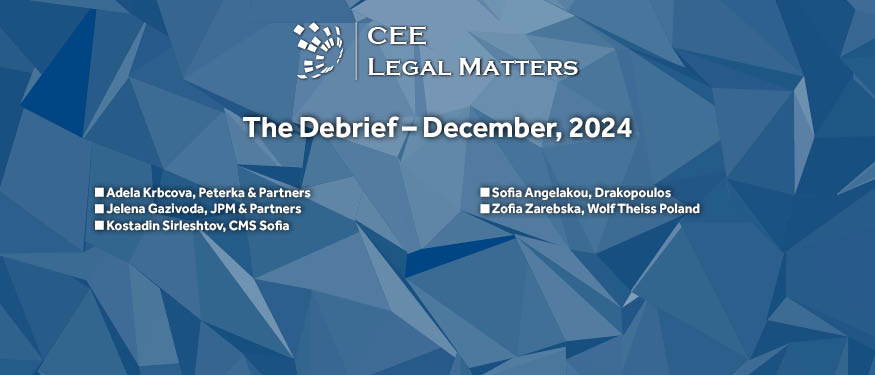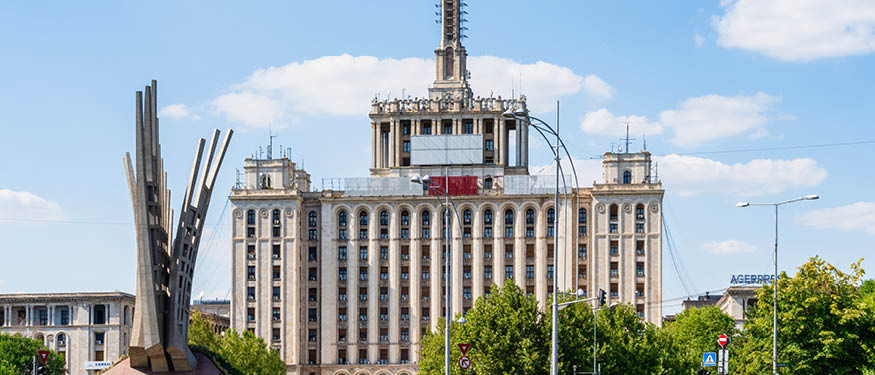The coronavirus pandemic and accompanying restrictions introduced by the majority of countries around the world are having a major impact on the development of global and local economies. It seems that carrying out infrastructure investment projects may help with rebuilding the economic and financial condition of countries negatively affected by the coronavirus.
Given the above, the public-private partnership model could be one of the most suitable solutions on the market, because it allows for the initiation of numerous investment projects (on both a small and large scale), while at the same time releasing the public funds needed to carry them out.
To better understand the range of uses of PPP the Polish market currently offers, let us first take a look at how the Polish economy, in particular the infrastructure market, is managing to deal with the pandemic. As analyses show, over the previous year the most affected sectors have been culture and entertainment (around an 85% drop in activity), as well as hotels and restaurants (a drop of 70%). In general, the construction market did not record a decrease in 2020. Private and public construction have been continued under strict health requirements.
However, although large construction companies will probably not experience significant decreases in 2021 for the obvious reason that they carry out the largest and often long-term investment projects in the country, smaller players may well experience a decrease in revenues.
The government also supports the construction sector by initiating central procurement projects. Special changes have been made in ongoing public procurement processes. For example, it is possible to make an extraordinary amendment to a public procurement contract due to COVID-19 disruptions. Contracting authorities cannot deduct liquidated damages from the contractor’s remuneration during the epidemic. Specific regulations for EU grants have also been passed. These include the possibility of changing the schedule of disbursement and settlement of funds. In mid-2020, the public aid program provided about EUR 20 billion to around 670,000 micro, small, and medium enterprises. Large companies also received around EUR 6 billion in support. During the second coronavirus wave, about EUR 3 billion in public aid was allocated to only those groups of businesses most affected by the pandemic.
With regard to PPP investment projects, 2020 was quite successful. A PPP agreement was signed for the design, construction, and maintenance of a tram line in Krakow (value of the agreement: over EUR 250 million). This is the third-largest PPP project in Polish history in terms of the value of the investment outlays. A PPP Waste-to Energy project in Olsztyn that also recently reached financial close – at a value of over EUR 800 million – is the largest PPP project in Polish history.
The situation for planned undertakings also looks promising. Proceedings are underway to choose a concessionaire to construct and operate the External Port in Gdynia (estimated value: over EUR 900 million). There are also plans to extend the Central Port in Gdansk (estimated value: over EUR 2.5 billion). PPP proceedings are underway for the construction and maintenance of provincial roads in the Wloclawek region (estimated value: over EUR 100 million). In addition, a range of PPP projects in the construction / real estate sector – including car parks, public utility structures, and urban development projects, among others – are either already underway or are being planned.
Thus, despite the ongoing pandemic, the infrastructure market is doing quite well in Poland, and the potential financial gap resulting from state budget limitations could be filled by private capital through the use of PPP. This allows us to look ahead quite optimistically.
Also, the regulatory environment is attractive for PPP undertakings in Poland. New public procurement legislation has recently entered into force that should make the process of selecting a private partner more efficient, have a positive impact on the negotiations of the provisions of the PPP agreement, and lead to an increase in interest in PPP projects on the part of contractors and financing institutions.
By Marcin Bejm, Partner, and Bartlomiej Slemp, Associate, CMS Poland
This Article was originally published in Issue 8.3 of the CEE Legal Matters Magazine. If you would like to receive a hard copy of the magazine, you can subscribe here.






















